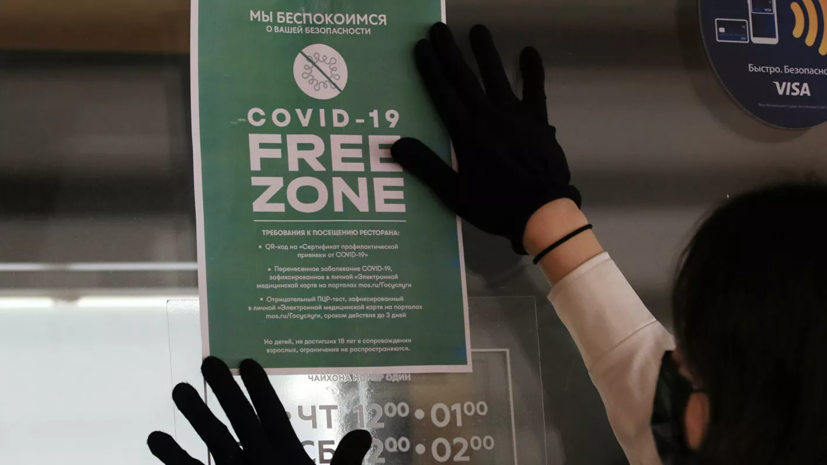“According to preliminary estimates, on the first day of work under the new conditions, the traffic in Moscow coffee houses decreased by about 70%, and the turnover by about 50%.
On average, the verandas in the city have a good seating position: some have full and even queues to sit down, some have half, ”said Valeria Slivka, head of communications at the Marketing and Advertising Department of the Shokoladnitsa Group of Companies, to RT.
She added that a large part of them understands the importance of vaccination, and the staff "communicates individually with each guest."
“Employees try not to react to provocations and are allowed into the hall only if they have a QR code,” Slivka emphasized.
The Starbucks coffee chain noted that "it is too early to draw conclusions."
According to company representatives, at least a week should pass after the introduction of the new rules.
McDonald's stressed that the company not only launched testing of guests' access in the hall of enterprises using a QR code, but also plans to organize a contactless take-away service.
“The comfort and safety of our employees and visitors is a priority for McDonald's,” said PR-specialist Anastasia Kosolidze.
Yakitoria did not answer for the entire network.
The RT correspondent phoned a restaurant on Tverskaya and there the manager spoke about the decline in visitors:
“There are no guests at all, there are literally five tables with QR codes.
There was one complaint, the visitor showed the code, but it is invalid. "
Some establishments were unable to comment on the situation.
In particular, Il Patio replied that so far they refrain from commenting, "because it is too early to draw conclusions."
On June 28, anti-coronavirus requirements for restaurants and cafes came into force in the Russian capital.
Earlier it was reported that scammers on the darknet sell fake QR codes to visit catering establishments.
The chairman of the Federation Council committee on constitutional legislation, Andrei Klishas, said that citizens who use fake QR codes to visit restaurants face a penalty of up to two years in prison.

